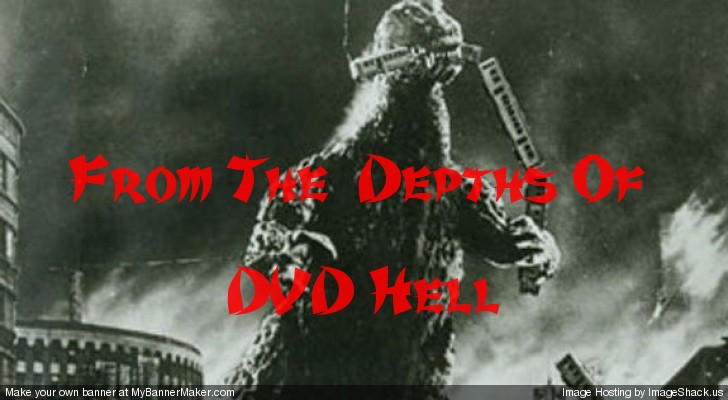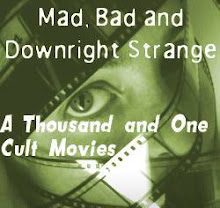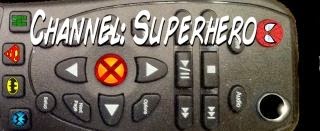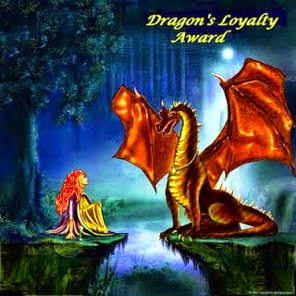It’s been a long wait for Nick Cave fan’s who have eagerly been awaiting the follow up to his accalimed debut novel “An the Ass Saw the Angel” which was released twenty years ago back in 1989, so it’s safe to say that the fans have had quite a wait for his second novel, with his only real writing outside of music being the script for the Australian outback set western “The Proposition” (2005) which is actually one of the very small number of westerns that I have actually enjoyed watching.
Being the Nick Cave fan I am, I was eagerly looking forward to the release of this book, even though I have never (and still have to) read his first book and I was curious to know whether he would be able to adapt his writing style to suit a novel, even though his music, like that of Tom Waits (who I also adore) is very storytelling in style anyway, so I was hopeful that he would be able to pull it off, while maintaing his reconisable pitch black style.
Being the Nick Cave fan I am, I was eagerly looking forward to the release of this book, even though I have never (and still have to) read his first book and I was curious to know whether he would be able to adapt his writing style to suit a novel, even though his music, like that of Tom Waits (who I also adore) is very storytelling in style anyway, so I was hopeful that he would be able to pull it off, while maintaing his reconisable pitch black style.
“The Death of Bunny Munro” follows the middle aged lothario and travelling cosmetics salesman Bunny Munro, as he takes an out of control road trip across Brighton in the wake of his wife’s recent suicide, dragging along with him his son Bunny Jr.
From the start it seems that Cave is not trying to allow the reader to like Bunny, infact he makes it almost near impossible to like the character, with his constant womanising and alcoholism as he travels around Brighton and seemingly caring only for himself and little for the effects his actions has on those around him, surrounding himself with like minded men who continue to help boost his ego. It’s through his eyes which the majority of the novel is seen, painting the local area in only the darkest shades possible, especially with Britain being under attack from the latest serial killer, who chooses to dress as a devil while committing murders, which could be seen almost as a sign of the forthcoming doom, much like the cement truck which constantly seems to stalk Bunny’s Yellow Punto, as he travels from place to place.
From this darkness Cave create he does however allow a sole hint of light which comes from Bunny’s son, Bunny Jr. whose innocence to this world which surrounds him, only really proves to emphasise the shameful acts of his father, who he see’s only as his hero and the greatest guy and none of the things, which the reader see’s Bunny as and this it has to be said does at times make you question your judgements of Bunny, only for Cave to then force you to forget any forgiveness you might have felt for him, as he bombards you with another filthy act, usually involving Bunny’s constant daydreams about the vaginas of various celebrities, in particular Kylie Minogue and Avril Lavinge who he constantly uses for comparison, while staring at other women which did make me question whether this was perhaps a joke shared between Cave and Minogue, who had previously collaborated together during her Indie years and which it turns out wasn’t the case, as in a recent interview for the Guardian, Cave admitted that he did write an apology for these scenes, when he sent her a copy of the book.
The character of Bunny Jr. might be one of the sole likeable characters, constantly trying to do what’s best for his dad, who is constantly on an increasingly self destructive path, not even wanting to trouble him for the medication he needs for his eyes, while at the same time giving you the feeling that he feels strangely drawn to this adult world of his father, which might be the reason he provides such little protest, especially as he seems to have little life of his own outside of his constant quest for knowledge, which gains through reading his Encyclopaedia and something which might explain for his shy and solitary existence, outside of a brief encounter with a young girl on the road, which afterwards feels like another attempt to gain further respect from his father, has he listens to him tell the story of his first love, who he met at a Butlins holiday camp, with this story in many ways giving a brief insight into what made Bunny the way he is, much like the meeting with Bunnys own father Bunny Senior towards the end of the book, who it is made to feel played a large part in shaping Bunny into the man he became, a theory which relies heavily on the belief that it is a persons environment which shapes them.
The choice to set the novel in Brighton is great choice, especially seeing how it is currently were Cave lives and the spattering of local place names and locations only further drives home this love which he has for the city and for myself personally helped to continue the feeling that the novel is in many ways like the literary version of a great indie movie, though it is doubtful that we will ever see a true film adaptation of this book, with Cave clearly enjoying the freedom to be as controversial as he likes with the material, thanks largely to books not suffering from the same censorship which movies do. Still despite this the book has unofficially become the most returned title, to the branch of Borders I work for, usually accompanied by the words “Disgusting filth!” which really begs the question as to what they might have been expecting from a book written by Nick Cave, whose work makes him seem darker than the devils spit, it was pretty much clear to most of us even before we picked it up, that this book was hardly going to be a joyful romp, through the English countryside and on this front he does not disappoint, which may lead to him alienating a large proportion of the book reading public, which fans of such equally dark and warped writers like Irvine Welsh, Bret Easton Ellis and Chuck Palahniuk will no doubt find this an enjoyable, if slightly twisted read.









No comments:
Post a Comment